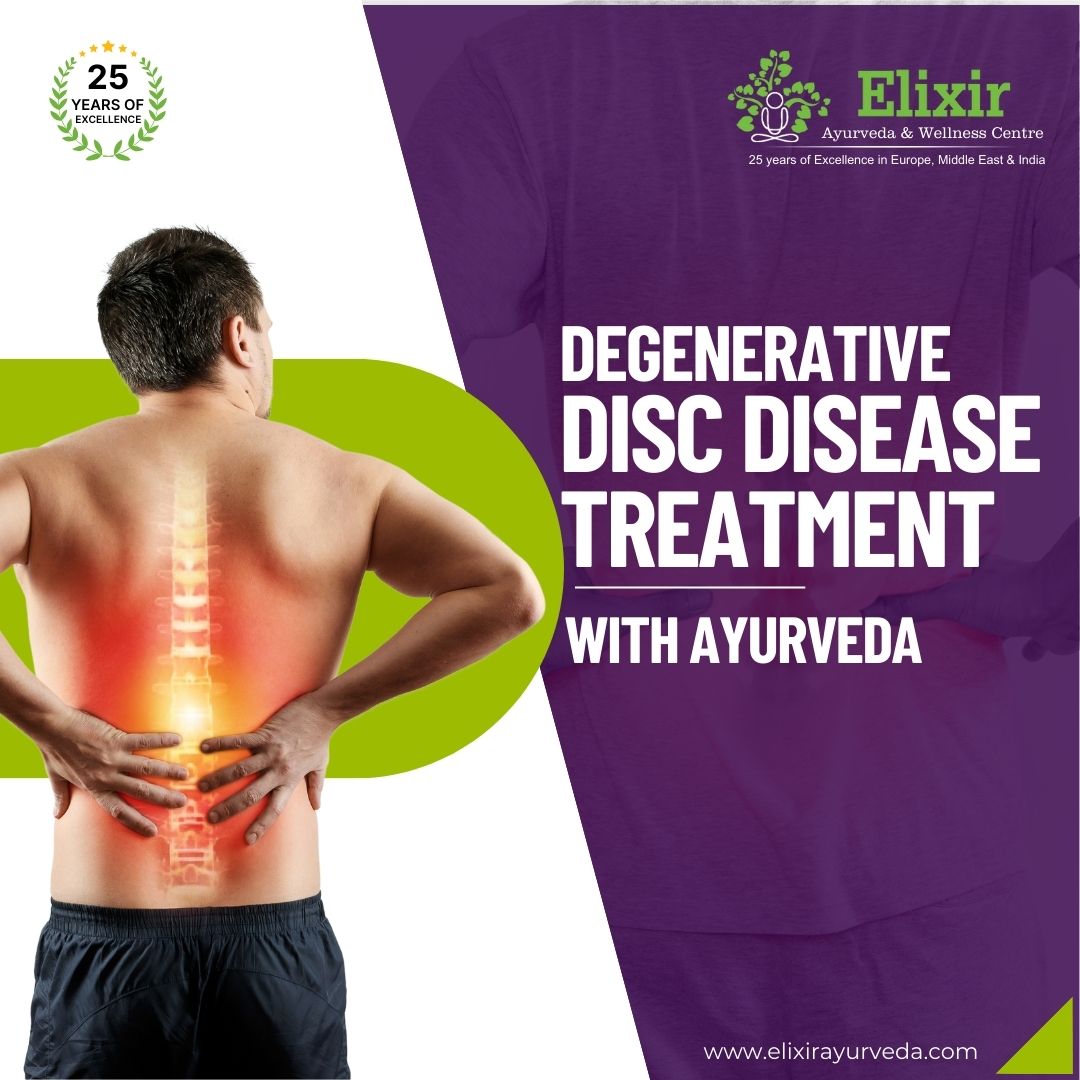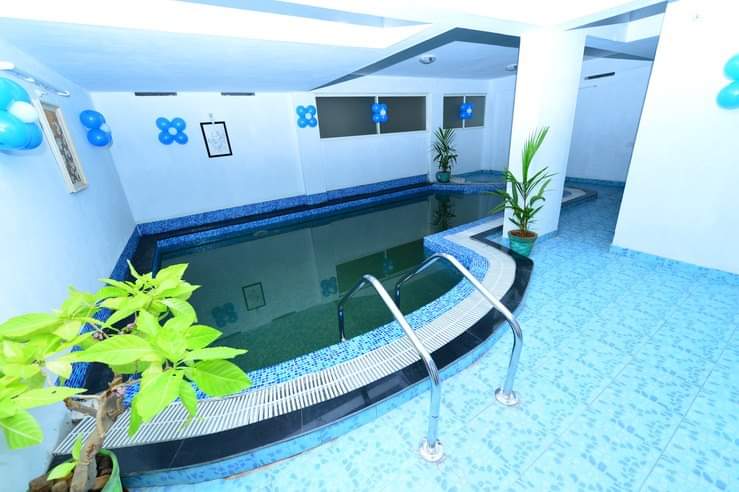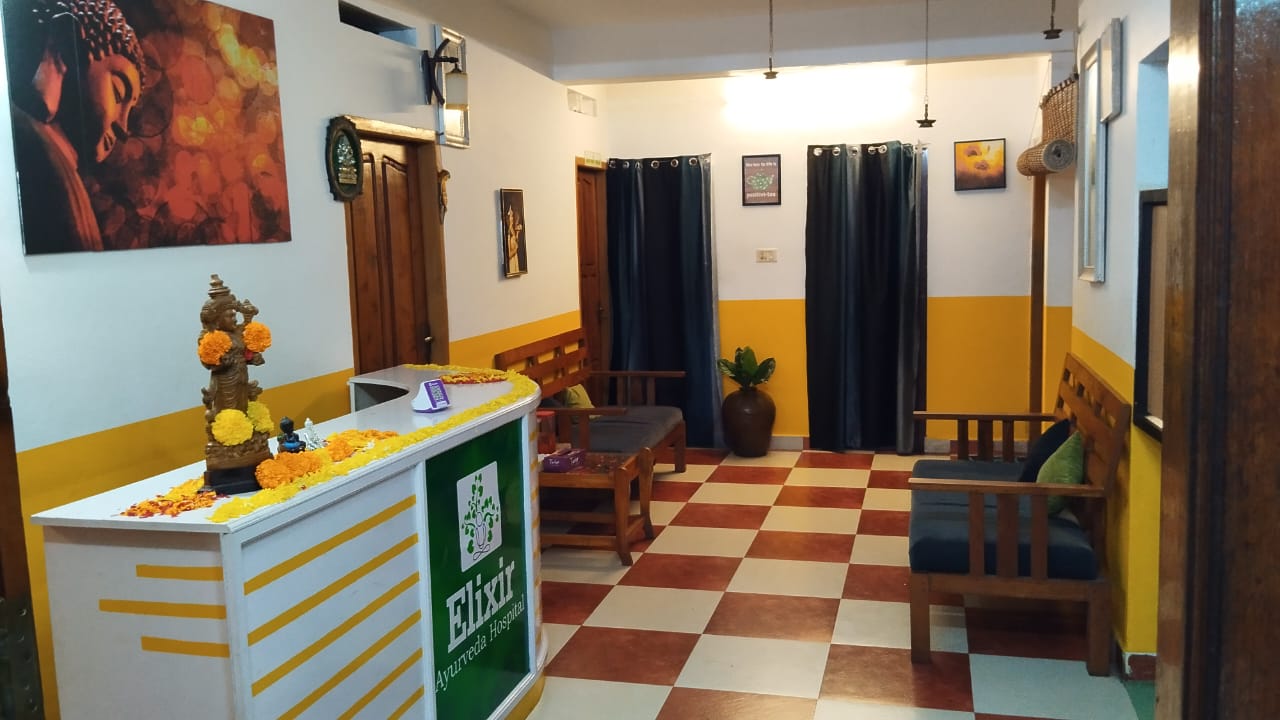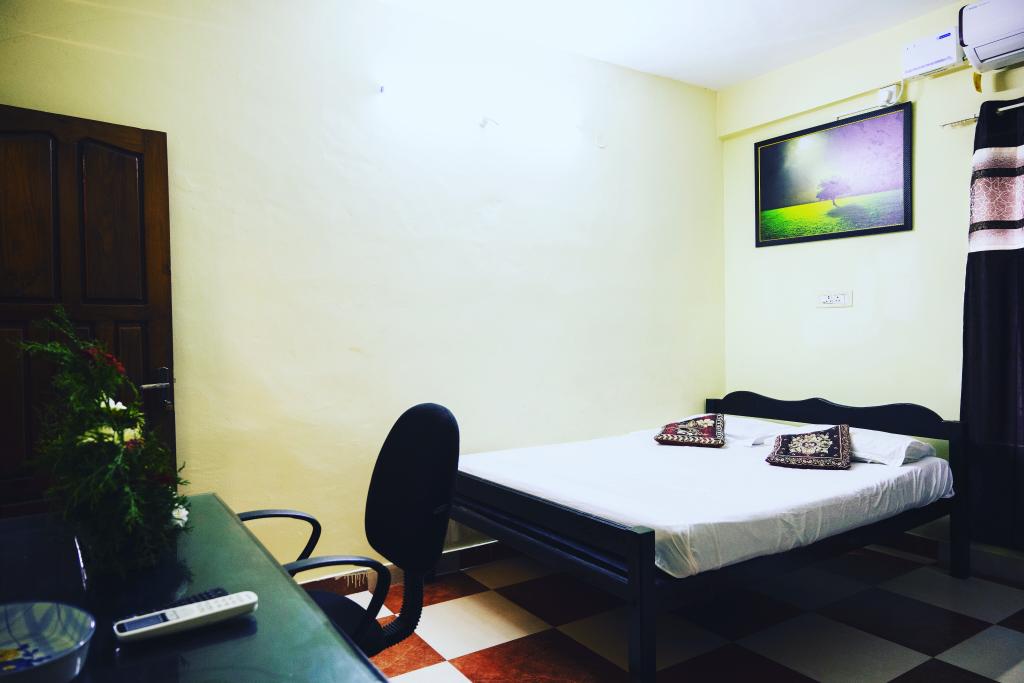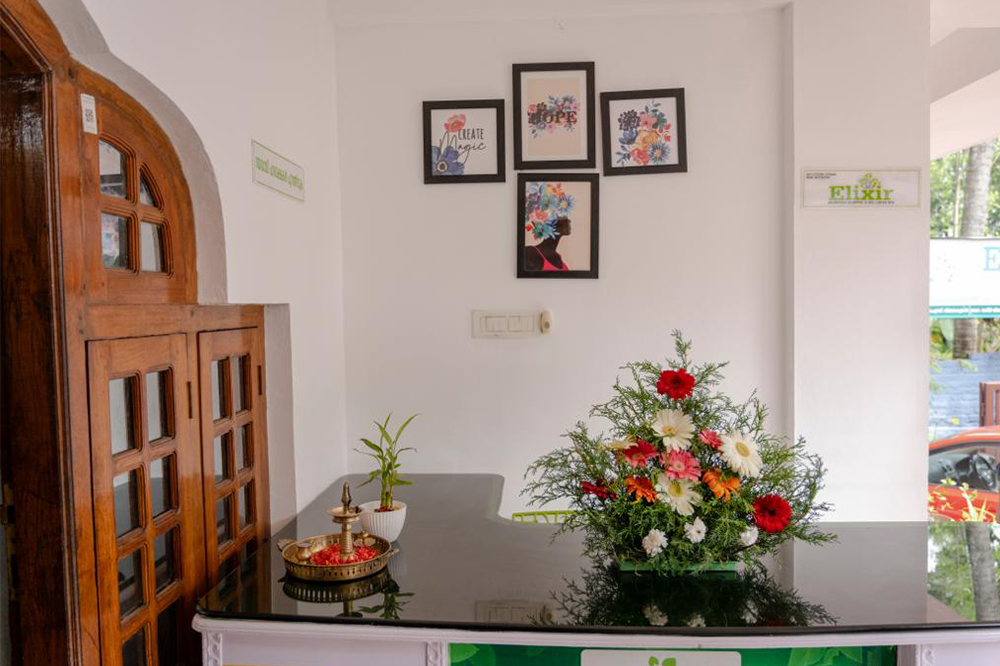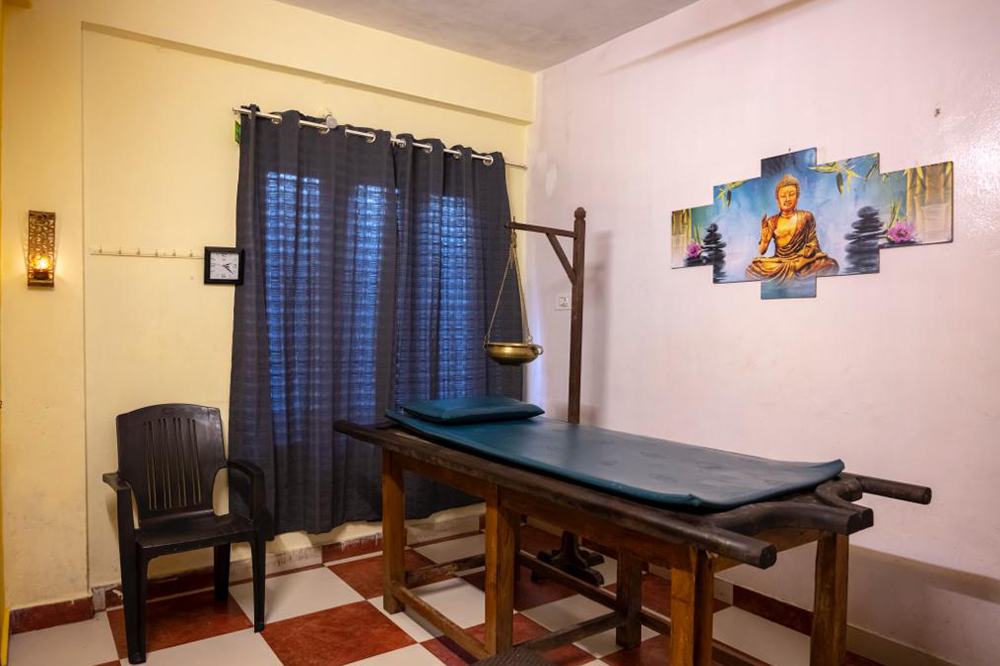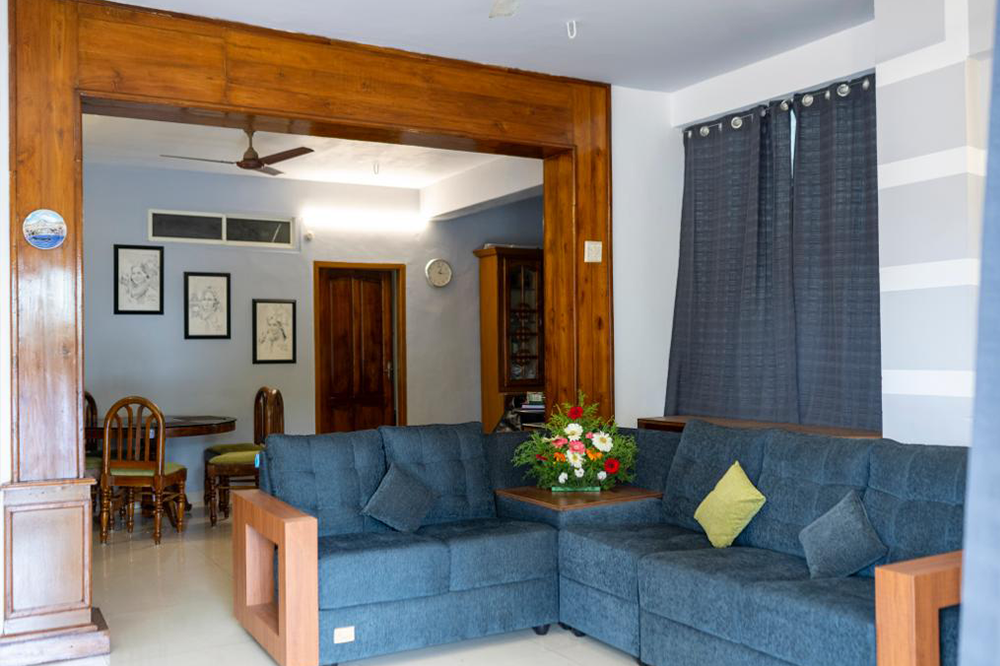Degenerative disc disease, herniated discs, and spinal stenosis are common spinal conditions that can cause significant pain and discomfort. While they often occur together, they are distinct conditions with unique characteristics and treatment approaches. This blog post will delve into each condition, explore their symptoms, and discuss how Elixir Ayurveda can offer a holistic approach to managing these spinal issues.
Degenerative Disc Disease (DDD)
Degenerative disc disease is a natural part of the aging process, affecting most people to some degree. It occurs when the intervertebral discs, which act as shock absorbers between the vertebrae, gradually deteriorate. This deterioration can lead to:
- Decreased disc height: The discs lose water content, becoming thinner and less flexible.
- Disc bulges or tears: The outer layer of the disc weakens, allowing the inner gel-like material to bulge or tear.
- Bone spurs: The body may attempt to compensate for the weakened discs by forming bone spurs, which can narrow the spinal canal.
Symptoms of DDD:
- Back pain: This is the most common symptom, often described as dull, aching pain that worsens with movement or prolonged sitting.
- Neck pain: Similar to back pain, neck pain can be a symptom of DDD in the cervical spine.
- Stiffness: Difficulty moving the spine, especially in the morning.
- Radiating pain: In some cases, pain may radiate to the arms or legs, depending on the location of the affected disc.
Herniated Disc
A herniated disc occurs when the inner gel-like material of the disc pushes through a tear in the outer layer, often compressing nearby nerves. This can cause:
- Intense, shooting pain: The pain may radiate to the arms or legs, depending on the location of the herniation.
- Numbness or tingling: The compressed nerves may cause numbness or tingling in the affected area.
- Muscle weakness: In severe cases, muscle weakness may develop.
Spinal Stenosis
Spinal stenosis is a narrowing of the spinal canal, which can put pressure on the spinal cord and nerves. It can be caused by various factors, including:
- Bone spurs: As mentioned earlier, bone spurs can narrow the spinal canal.
- Thickened ligaments: The ligaments that support the spine can thicken over time, reducing the space within the spinal canal.
- Herniated discs: A herniated disc can also contribute to spinal stenosis.
Symptoms of Spinal Stenosis:
- Back pain: Pain can worsen with standing or walking and improve with sitting or bending forward.
- Leg pain: Often described as cramping or burning pain, leg pain is a common symptom of spinal stenosis.
- Numbness or weakness: Similar to a herniated disc, numbness or weakness may occur in the legs.
Elixir Ayurveda's Holistic Approach
Elixir Ayurveda offers a comprehensive approach to managing spinal conditions, focusing on:
- Pain management: Ayurvedic therapies like Abhyanga (oil massage), Shirodhara (oil drip therapy), and Panchakarma treatments can help alleviate pain and inflammation.
- Strengthening and flexibility: Yoga and Ayurvedic exercises can improve spinal flexibility, strength, and stability.
- Nutrition and lifestyle: Ayurvedic diet and lifestyle recommendations can help reduce inflammation and promote overall well-being.
- Stress management: Techniques like meditation and pranayama (breathing exercises) can help manage stress, which can exacerbate spinal pain.
Key Ayurvedic Principles for Spinal Health:
- Balancing Vata: Vata dosha is associated with movement and can become imbalanced in spinal conditions. Ayurvedic therapies aim to pacify Vata and promote stability.
- Reducing inflammation: Many Ayurvedic herbs and therapies
- Reducing inflammation: Many Ayurvedic herbs and therapies have anti-inflammatory properties that can help reduce pain and inflammation.
- Strengthening the nervous system: Ayurvedic practices can help nourish and strengthen the nervous system, promoting nerve health and function.
Conclusion
Degenerative disc disease, herniated discs, and spinal stenosis can significantly impact quality of life. While conventional treatments like pain medication and surgery are available, Elixir Ayurveda offers a holistic approach that focuses on addressing the root causes of these conditions. By combining pain management, strengthening exercises, and lifestyle modifications, Elixir Ayurveda can help individuals manage their spinal health and improve their overall well-being.


